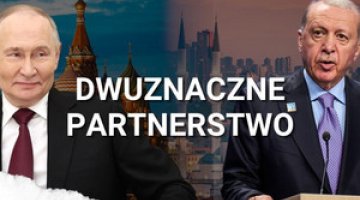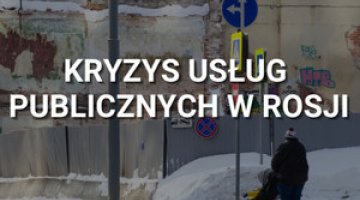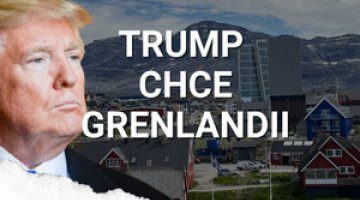Slovenian president’s visit to Moscow
On 10th and 11th February Slovenia’s president Borut Pahor met President Vladimir Putin and Prime Minister Dmitry Medvedev during a visit to Moscow. They talked about economic co-operation and the war in Ukraine. During the visit several agreements were signed, including ones regarding co-operation in combating money laundering. Over ten economic deals mainly regarding Slovenian investments in Russia (worth approximately 0.5 billion euros) were also signed. During a joint press conference with Putin, Pahor said that halting all fighting by all parties to the conflict in Ukraine, pulling back military equipment and resuming talks under the Minsk agreements are a prerequisite for improving relations between Russia and the West. Pahor’s visit to Moscow followed his visit to Berlin, where he had held talks with Chancellor Angela Merkel and President Joachim Gauck about the situation in the EU’s neighbourhood. Upon leaving Moscow, President Pahor travelled to Ukraine, where he met President Petro Poroshenko.
Despite the fall in trade with Russia after 2014, Slovenia, with a population of two million, still has a trade surplus with Russia (over 0.5 billion euros in 2015). The cumulative value of Slovenian investments in Russia is substantially higher than the value of Russian investments in Slovenia (in 2015 this was 305 million euros against 168 million euros, according to Slovenian data). The Slovenian medicine manufacturer Krka and household appliances producer Gorenje have their factories in Russia.
Commentary
- Due to lobbying from Slovenian business circles which are interested in maintaining the best possible political relations with Moscow, Slovenia sees Russia above all from the perspective of an exports-oriented economy. Ljubljana has traditionally opted strengthen co-operation between the EU and Russia. Prior to the war in Ukraine, Slovenia lobbied for the visa regime to be lifted for Russians. At present it is in favour of lifting EU sanctions imposed on Russia, stressing their negative impact on the EU and Russian economies. Within NATO Slovenia has also argued that political dialogue should have priority in relations with Russia and that military deterrence should only complement it. Close co-operation between Russia and Slovenia is manifested in annual meetings of their presidents or prime ministers.
- The Slovenian government is amenable to the announced rapprochement between the US and Russia. This has been shown by Pahor putting forward an offer to organise a US-Russia summit in Ljubljana, modelled on the one held between George W. Bush and Vladimir Putin in 2001. This proposal fits in with the perception held by the Slovenian elites that their country is a ‘bridge between the East and the West’.
- In the context of the conflict between the EU and Russia, the Kremlin is particularly interested in using its economic ties with the EU countries in order to undermine the consensus within the EU regarding limiting co-operation with Russia until its invasion in Ukraine ends. This policy enables Moscow to demonstrate that it is not being isolated by the countries of the EU. From this point of view Pahor’s visit has not met Russian expectations. Pahor, possibly influenced by his talks with Merkel, not only confirmed the EU stance on the conflict in Ukraine but also suggested that he did not accept Moscow’s position that Russia is not a party to the conflict.
Mateusz Seroka, co-operation: Witold Rodkiewicz





